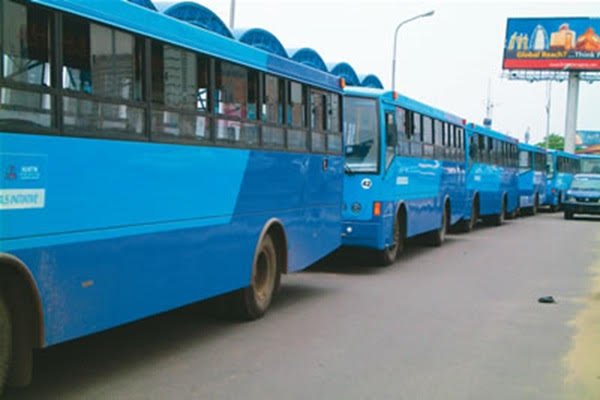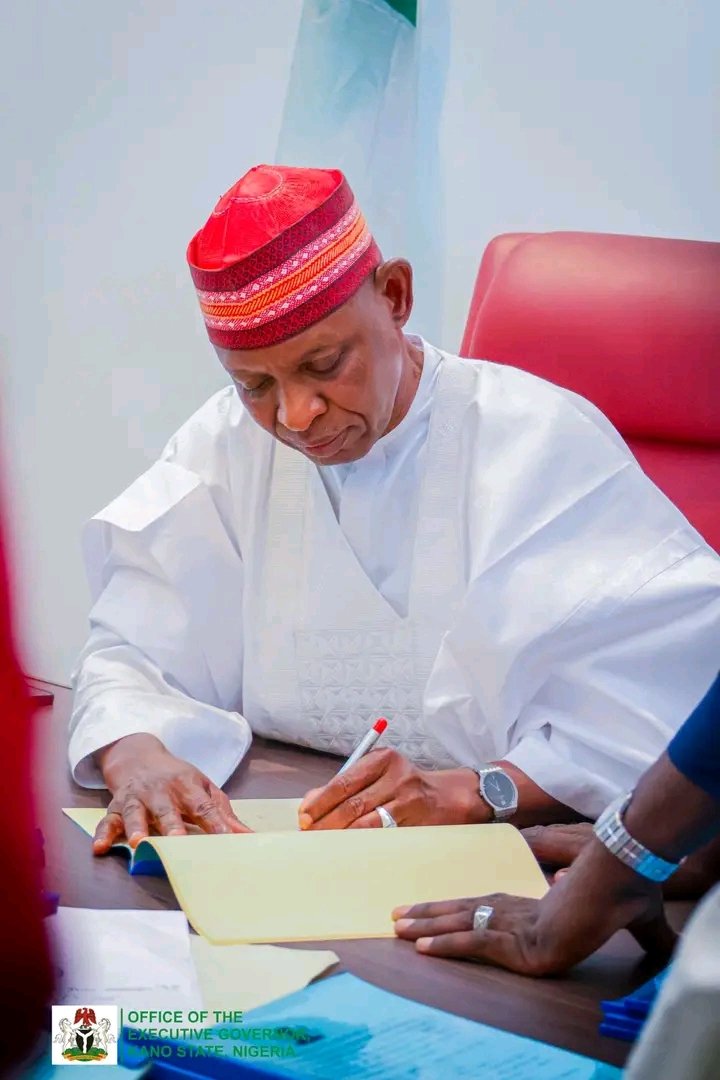Korede Abdullah in Lagos
The Managing Director and CEO of the Lagos Metropolitan Area Transport Authority (LAMATA), Abimbola Akinajo, has reiterated the state’s commitment to a fully integrated and sustainable transport system driven by public-private partnerships.
Speaking at a professorial chair guest lecture organised by the Lagos State University (LASU) School of Transport and Logistics on Thursday, Akinajo outlined the authority’s achievements, including the widespread adoption of the Cowry card system.
“With over five million Cowry cards in circulation and usable on every regulated mode of transportation in Lagos, we have largely achieved a unified payment system. But that’s just one part of our bigger vision for a truly integrated intermodal network,” she said.
Akinajo detailed several forward-looking initiatives, such as the deployment of CNG-powered buses, the planned introduction of 500 electric buses, and the construction of solar-powered terminals and integrated rail networks.
“We don’t want to be a mono-fuel agency. The goal is to be multi-fuel, environmentally conscious, and economically viable,” she noted. She further announced plans to add 2,000 new buses by the fourth quarter of 2026, including the rollout of electric buses in key corridors like Iyana Ipaja.
LAMATA’s expanding infrastructure portfolio includes major interchanges at Marina and Mile 2, as well as terminals in Ikeja, Oshodi, Yaba and Ojota, all aimed at ensuring seamless intermodal transfers in under an hour.
Despite significant progress, Akinajo acknowledged ongoing challenges such as policy delays, limited rights of way, and low public engagement.
“We build infrastructure, but if people don’t align with it, it fails. Public education and behavioural change are vital,” she stressed.
LASU’s Deputy Vice-Chancellor, Prof. Oseni Taiwo Afisi, hailed the lecture as a milestone in bridging academia and industry, praising LAMATA’s transformative projects like the Blue and Red Line rails.
He also appealed for the revival of the university’s 10-bus transport scheme, proposing a flexible operational model to support academic and off-season schedules.



